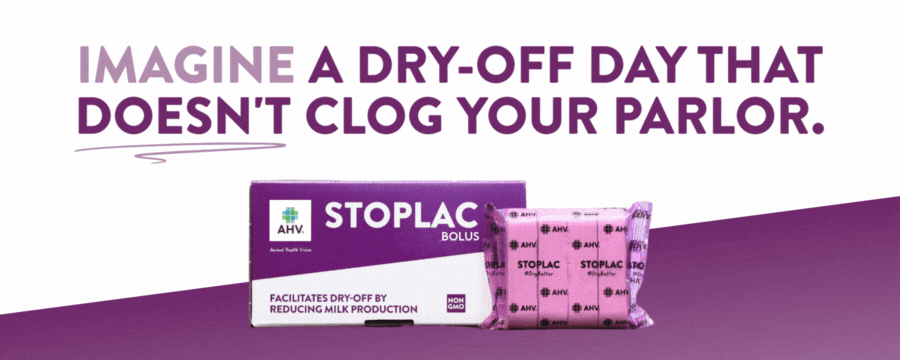
Saputo’s plan unveiled on Monday includes a commitment to end tail “docking” or cutting, and the use of pain control when removing cow horns. The dairy company is also spending $1-million to sponsor animal-care education at two leading agricultural universities, University of Guelph in Ontario and University of Wisconsin-Madison.
Lino Saputo Jr., chief executive officer of Montreal-based Saputo and the founder’s son, said he was in bed watching CBC news last June when it aired the undercover footage shot by a member of animal rights group Mercy For Animals. Farm workers are shown beating and kicking cattle. One cow has a chain around its neck and is hoisted into the air by a tractor while someone lets out a whoop.
“To be honest, I was shaken,” Mr. Saputo said. “And it was something that I never want to see again.”
The farm, British Columbia’s Chilliwack Cattle Sales, is a milk supplier to Saputo, one of the three biggest milk buyers in Canada and a global company with operations around the world.
“We recognized last year after the incident … that there, quite frankly, was not enough leadership in the industry to carry this issue forward. So we have made a much more robust policy that our suppliers have to adhere to,” Mr. Saputo said.
Saputo joins the ranks of Maple Leaf Foods Inc. and other global food companies that are trying to defend their reputations – and sales – by responding to public pressure over animal welfare.
Bertrand Montel, a Montreal-based agriculture consultant, said the Chilliwack video was a rare black mark for a dairy industry that has a reputation for wholesomeness.
“In Canada, the imagery of dairy farming is still the small farm with cows in the field. It’s not associated with any kind of animal-welfare issues. But if you let that image deteriorate, then it could affect the consumption of milk,” Mr. Montel said by phone. “It’s very hard and very expensive to reverse damage, so it’s best to be preventive. Especially in dairy, since there are very few scandals but for this video.”
Animal welfare is a sensitive area for companies that make and sell milk, meat and other animal-based products. Cruelty, allergies and health concerns are among the reasons people cited for drinking less milk, according to a poll conducted for the Dairy Farmers of Canada.
Per-capital milk consumption in Canada dropped by 17 per cent between 2005 and 2014 to 74 litres, Statistics Canada said.
Saputo, which employs 13,000 workers at plants in Canada, the United States, Australia and Argentina, said it will require farms that are direct suppliers to follow the new policies, and will pressure milk-marketing boards to encourage members to do so, as well.
Mr. Montel said Saputo’s new policy is likely aimed at the United States and Australia, which are dominated by large factory farms where keeping track of employee behaviour is difficult and finding and training good employees is hard.
Two years ago, Maple Leaf Foods began phasing out confinement crates for pregnant pigs, and plans to convert all its hog barns to open housing by 2017.
Source: The Globe and Mail











